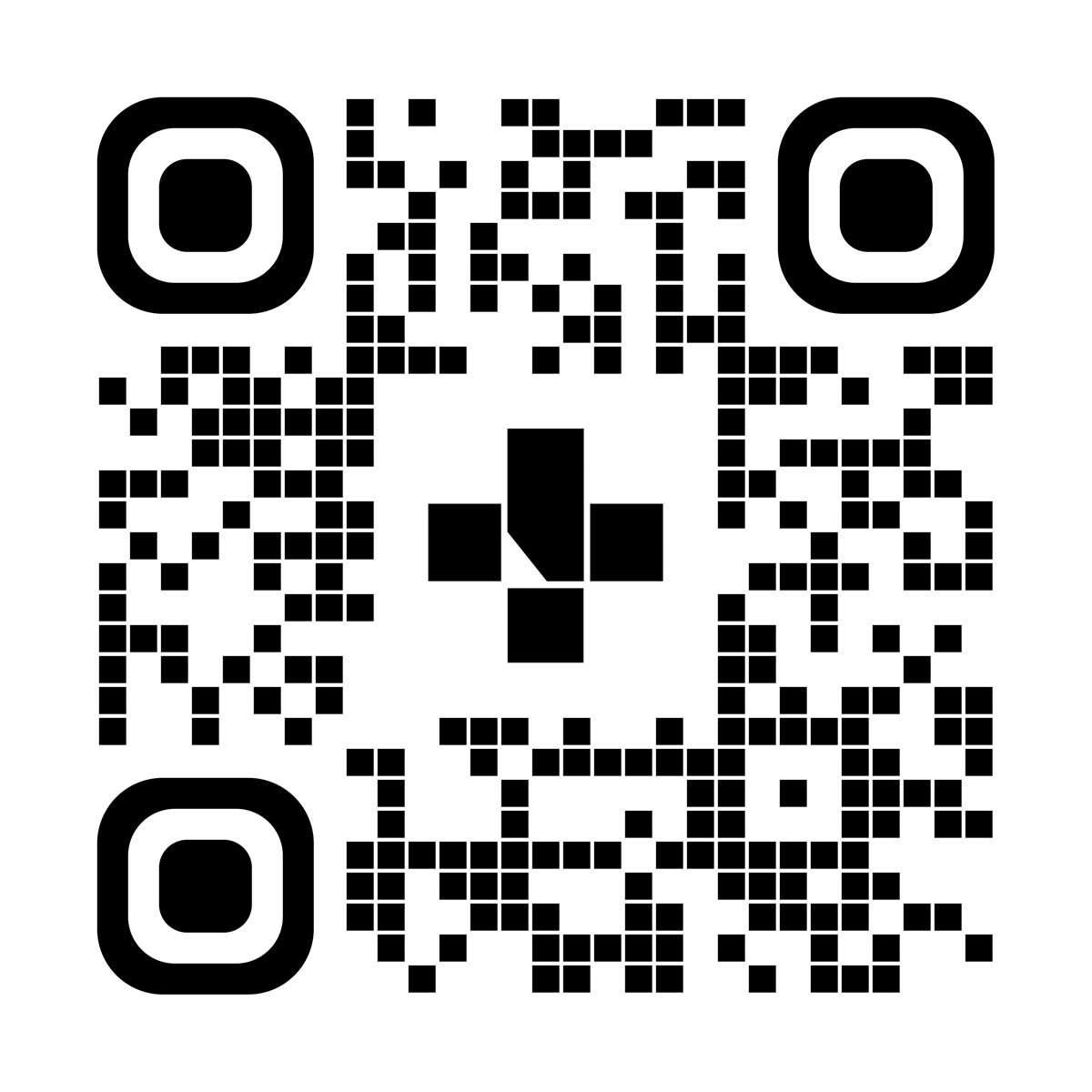Pasteurized Donor Human Milk
Learning about
What is pasteurized donor human milk?
Pasteurized donor human milk is breastmilk that is collected from screened donors. It’s pasteurized (heat treated) to kill harmful bacteria and viruses so the milk is safe for your baby.
Alberta Health Services (AHS) uses pasteurized donor human milk that comes from an accredited human milk bank. The milk bank follows guidelines set by the Human Milk Banking Association of North America.
All donors are screened for:
- medical and lifestyle history
- prescription and non-prescription drug and substance use
- serious illnesses related to medical history, including HIV, hepatitis B and C, syphilis, and HTLV (virus linked with leukemia and lymphoma)
After the milk is pasteurized, it’s tested for bacteria. Then the milk is frozen and stored until it’s ready to use.
Why is pasteurized donor human milk recommended for my baby?
Pasteurized donor human milk is recommended for sick or fragile babies in the hospital when:
- not enough breastmilk is available from the person who gave birth
- babies will medically benefit from getting pasteurized donor human milk
Pasteurized donor human milk lowers the risk of necrotizing enterocolitis (NEC). NEC is a digestive system (gastrointestinal) emergency. Babies at risk of NEC include:
- babies born very early (premature)
- very small newborns
- newborns exposed to cocaine in the womb
- babies with serious medical conditions
- babies who have already had NEC
Your healthcare team will talk to you about pasteurized donor human milk and explain why it may help your baby. After your questions are answered and you have the information you need to make an informed decision, you must give your healthcare team consent (permission) before they can give your baby pasteurized donor human milk.
Are there any concerns with using pasteurized donor human milk?
Pasteurized donor human milk is safe for your baby. All donors are screened, milk is pooled into batches, and donor breastmilk is pasteurized and tested for bacteria.
The milk bank gives each batch of pasteurized donor human milk a number. AHS hospitals keep track of the batch number for each bottle of pasteurized donor human milk.
The batch number for each bottle your baby gets is also noted in your baby’s health record.
When your baby is in the hospital, the healthcare team follows very strict rules to make sure your baby’s feeds are managed safely. It’s important that the right baby gets the right human milk. Before any milk is given to your baby, the milk is checked by 2 healthcare providers or a barcode tracking system.
How long will my baby get pasteurized donor human milk?
Your baby may need pasteurized donor human milk for a few days or many weeks. It may depend on your breastmilk supply and your baby’s health or medical condition.
What will I feed my baby when they no longer need pasteurized donor human milk?
Your healthcare team can help you maintain or increase your breastmilk supply. You should get breastfeeding support and a breastmilk supply assessment early to support your feeding goals.
Your baby may need an infant formula if your breastmilk supply is low and your baby:
- no longer needs pasteurized donor human milk
- doesn't grow well on pasteurized donor human milk
Does my baby need any other nutrition?
Babies who are born early often need extra nutrition (called additives or fortifiers) to help them grow well. Additives or fortifiers usually give extra energy, protein, calcium, phosphorus, and vitamins.
Additives or fortifiers may be added to pasteurized donor human milk. They may also be added to your breastmilk. Without the extra nutrition, babies born early may not grow as they should.
How can I get pasteurized donor human milk on my own?
To get pasteurized donor human milk outside of the hospital, you can buy up to 10 bottles without a prescription from some pharmacies or the NorthernStar Mothers Milk Bank in Calgary. Go to northernstarmilkbank.ca, call 403-475-6455, or email contact@northernstarmilkbank.ca for up-to-date ordering information.
Some health insurance providers cover the cost of pasteurized donor human milk. If your insurance doesn’t cover it, you'll need to pay for the pasteurized donor human milk.
If you choose to bring your own supply of pasteurized donor human milk into an AHS hospital, it is recommended that you bring it in the original bottles from the accredited human milk bank (such as NorthernStar Mothers Milk Bank). The original bottles are sealed and labelled with a barcode. Bring any paperwork you may have, such as a receipt. This helps AHS staff know that the pasteurized donor human milk is from a safe source and has been properly screened, pasteurized, tested, and stored.
Talk to your healthcare team if you have any questions or concerns.
To see this information online and learn more, visit https://MyHealth.Alberta.ca/health/AfterCareInformation/pages/conditions.aspx?hwid=custom.ab_pasteurizeddonorhumanmilk_adult.

For 24/7 nurse advice and general health information call Health Link at 811.
Current as of: May 5, 2025
Author: Nutrition Services, Alberta Health Services
This material is not a substitute for the advice of a qualified health professional. This material is intended for general information only and is provided on an "as is", "where is" basis. Although reasonable efforts were made to confirm the accuracy of the information, Alberta Health Services does not make any representation or warranty, express, implied or statutory, as to the accuracy, reliability, completeness, applicability or fitness for a particular purpose of such information. Alberta Health Services expressly disclaims all liability for the use of these materials, and for any claims, actions, demands or suits arising from such use.
